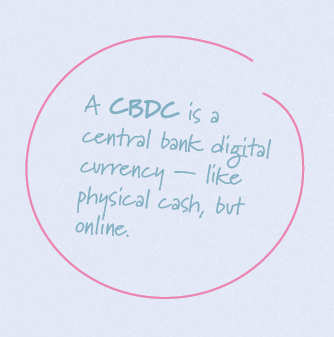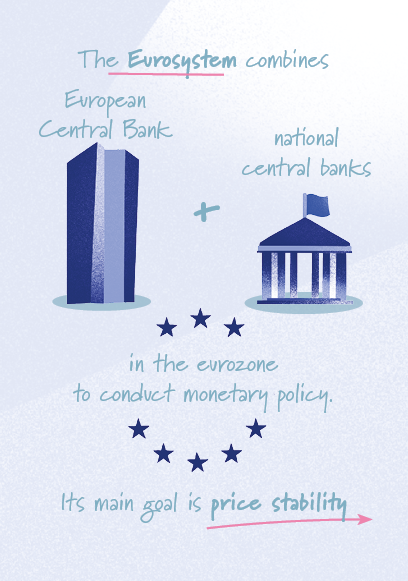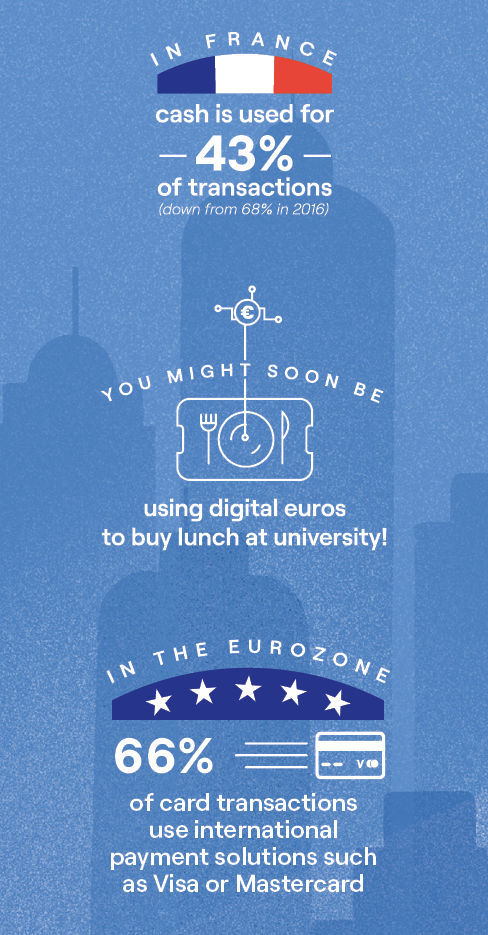In an era of topsy-turvy finance, crypto buzz and global uncertainty, it’s easy to ignore those working quietly to build our trust. But behind every transaction – from your morning coffee to cross-border investments – central banks stand watch as guardians of stability. The Deputy Governor of Banque de France explains why these shy custodians are more important than ever.
Why do we need central banks?
Every time you tap your card, transfer money, or receive a salary, you’re trusting that the money will hold its value and be accepted everywhere. That trust isn’t automatic. It’s anchored by institutions that ensure our monetary system is safe, stable, and reliable. Central banks manage our money supply and currency, and supervise the commercial banks whose financial services we use every day. This “two-tier” structure hinges on convertibility, bringing trust: your bank deposit can always be exchanged for cash.
How are you tackling 21st-century challenges?
Technology is reshaping how people pay. Cash use is falling, and we increasingly rely on digital payment solutions based outside Europe. That raises big questions about resilience, privacy, and sovereignty. What if a system failed? What if sensitive data flowed abroad? What if payment services were suddenly discontinued?

 This is where the digital euro comes in. It will be a CBDC issued by the Eurosystem: easy to use, safe, free, and privacy-conscious. It won’t replace cash, but it will be complementary to it. It won’t replace commercial bank money either. On the contrary, it will guarantee that, like cash, bank deposits remain freely convertible into central bank money, anchoring their value.
This is where the digital euro comes in. It will be a CBDC issued by the Eurosystem: easy to use, safe, free, and privacy-conscious. It won’t replace cash, but it will be complementary to it. It won’t replace commercial bank money either. On the contrary, it will guarantee that, like cash, bank deposits remain freely convertible into central bank money, anchoring their value.
We're also working on a wholesale CBDC to modernize our financial markets, taking advantage of distributed ledger technology.
Climate change is another financial threat. For instance, extreme weather can affect food and energy prices, making inflation less predictable. Banque de France and the Network for Greening the Financial System are developing tools to manage these risks – for example, by stress-testing banks under different climate scenarios.
Why should young people care about inflation and interest rates?
 Monetary policy shapes our lives in real ways. Inflation hits young people hard as they generally have tight budgets. Interest rates affect how much you pay on loans and earn on savings. In 2022-23, we raised interest rates to curb soaring inflation. By making borrowing expensive and encouraging saving, higher rates can slow spending and ease price pressures. This worked pretty well in 2023-24, without triggering a recession. Central bank credibility is instrumental in achieving fast disinflation while minimizing the cost for the economy.
Monetary policy shapes our lives in real ways. Inflation hits young people hard as they generally have tight budgets. Interest rates affect how much you pay on loans and earn on savings. In 2022-23, we raised interest rates to curb soaring inflation. By making borrowing expensive and encouraging saving, higher rates can slow spending and ease price pressures. This worked pretty well in 2023-24, without triggering a recession. Central bank credibility is instrumental in achieving fast disinflation while minimizing the cost for the economy.
Any advice for students considering a future in economics or finance?
Go for it! Economics and finance open up a huge range of careers. You’ll learn how to think about systems, analyze data critically, and solve complex, real-world problems. At Banque de France, economists work on everything from inflation forecasts to digital currency design. Most continue to do research, because the best way to stay at the knowledge frontier is to contribute to it.
Why not print more money to solve our problems?
From Weimar Germany to Venezuela, history is full of examples where this led to runaway inflation that erodes wages, savings and stability. That’s why central banks must be independent from politics. They may buy government bonds, but only at market price on the secondary market, and only to reach their own objective of price stability.
Author
- Agnès Bénassy-Quéré



